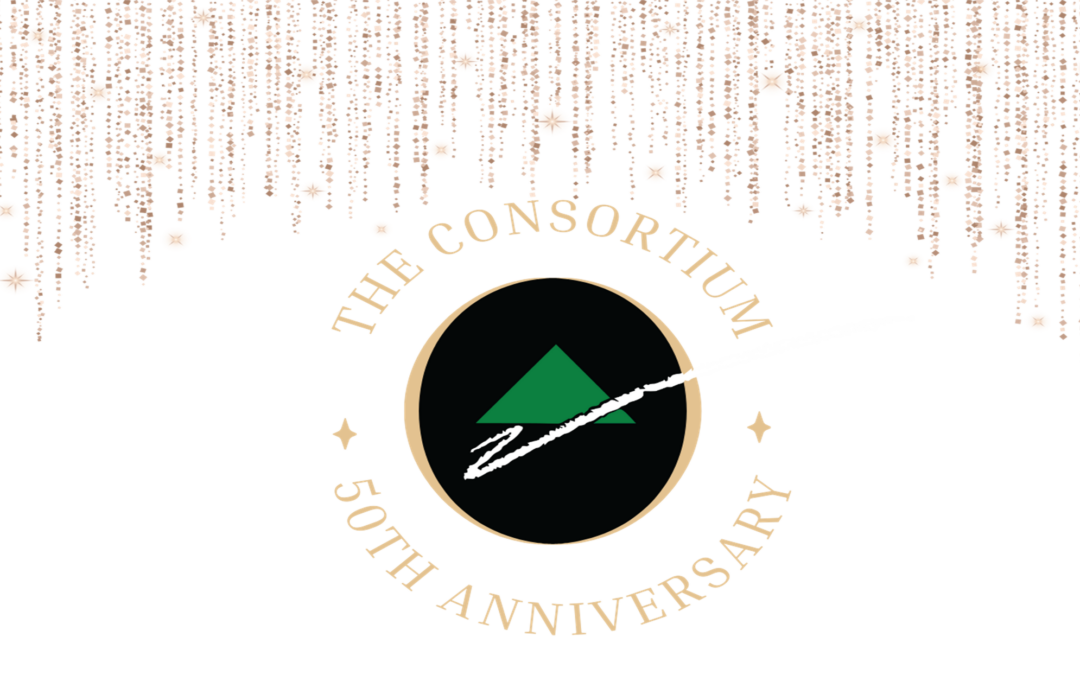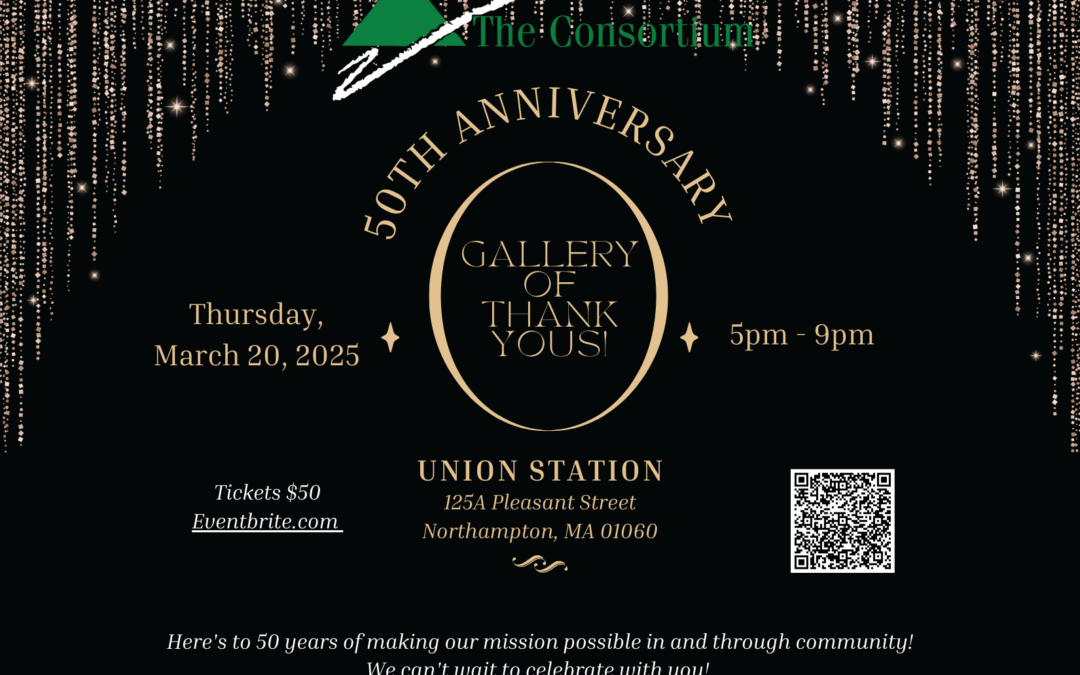By Daniel Bergner
May 17, 2022
New York Times
[…]
Around that time, in the late 2000s, when Mazel-Carlton was in her mid-20s, a new position arose in mental health: peer-support specialist, someone with what’s known as lived experience who works alongside practitioners. The idea is that peers can better win the trust of people who are struggling. For Mazel-Carlton, a series of these low-paying roles took her, in 2012, to Holyoke, Mass., once home to more than 25 paper mills, now one of the poorest places in the state. There, she went to work for a fledgling peer-run organization that is now called the Wildflower Alliance, with a three-room headquarters above a desolate downtown street and a goal of transforming the way our society understands and treats extreme mental distress.
She began leading Hearing Voices Network support groups — which are somewhat akin to Alcoholics Anonymous meetings — for people with auditory and visual hallucinations. The groups, with no clinicians in the room, gathered on secondhand chairs and sofas in humble spaces rented by the alliance. What psychiatry terms psychosis, the Hearing Voices Movement refers to as nonconsensus realities, and a bedrock faith of the movement is that filling a room with talk of phantasms will not infuse them with more vivid life or grant them more unshakable power. Instead, partly by lifting the pressure of secrecy and diminishing the feeling of deviance, the talk will loosen the hold of hallucinations and, crucially, the grip of isolation.
Mazel-Carlton also worked as a sometime staff member at Afiya house, a temporary residence run by the alliance as an alternative to locked wards. The people who stay at Afiya are in dire need; many are not only in mental disarray but also homeless. Many are suicidal. There are no clinicians on staff, no security personnel, only people who know such desperation firsthand. In the living room, a homemade banner declares: “Holding multiple truths. Knowing that everyone has their own accurate view of the way things are.”
A decade after her arrival in Holyoke, Mazel-Carlton and the Wildflower Alliance are now leaders in a growing effort to thoroughly reform how the field of mental health approaches severe psychiatric conditions. […]
[CONTINUE READING]



